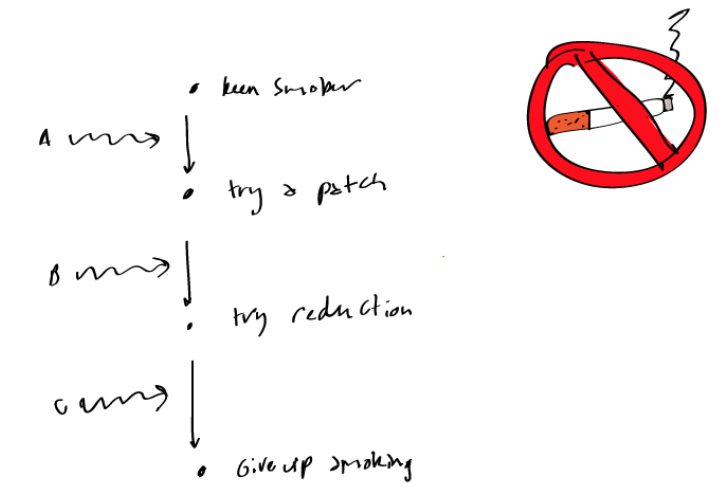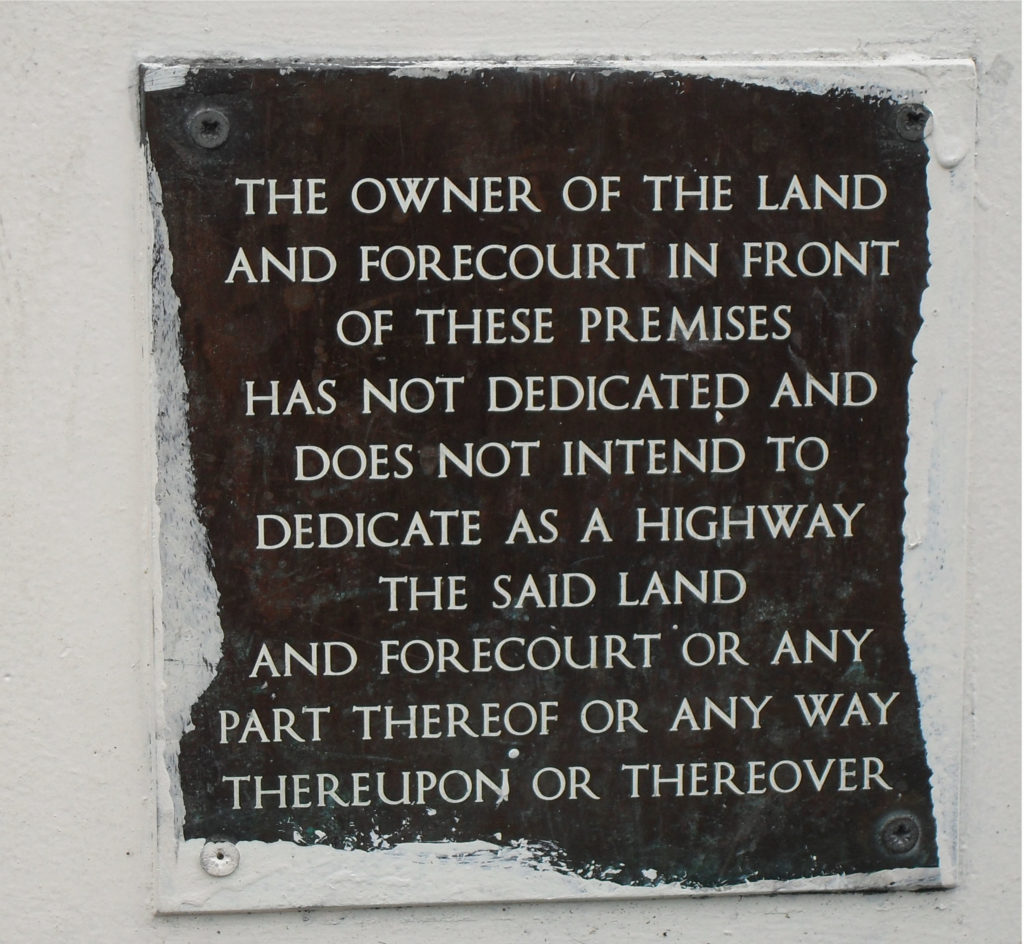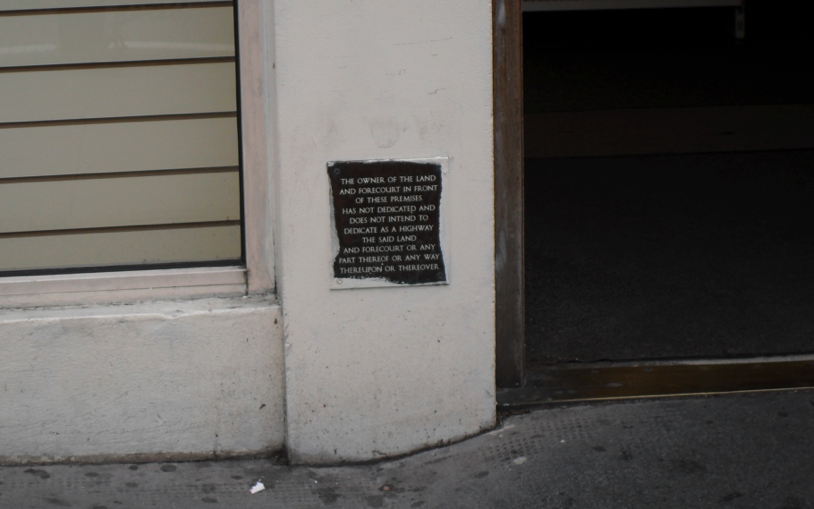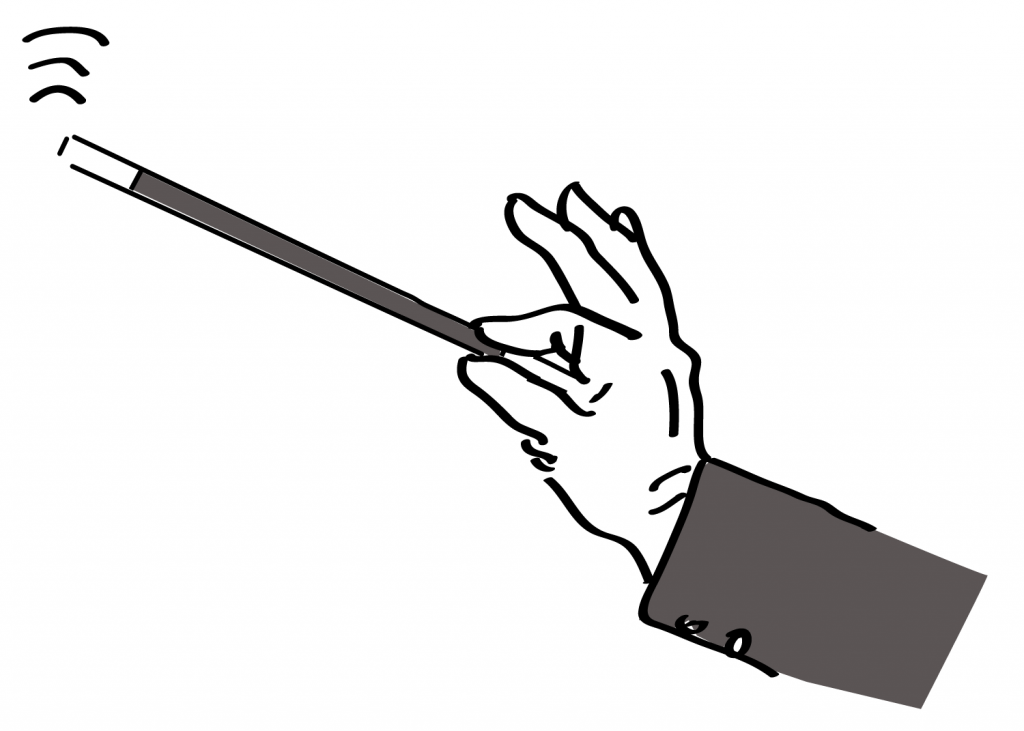
Rather than asking “What are you trying to say?”, it helps if you ask: “If you had a magic wand what is it that you’d ideally like to achieve?” For example, one of the most useless messages in the world is “Give up smoking!”
So if you stop and ask what are you trying to achieve, the answer is obviously helping people to give up smoking. You then decide what you have to say in order to achieve that. The magic wand question focuses people on the change in behaviour, not the message. Creating the right message is a seperate part of the process.
You might come up with a much more powerful piece of communication than just “Give up smoking!” You might approach it from a more strategic direction, like this campaign by Richard Foster at AMV BBDO to make people become responsible for passive smoking.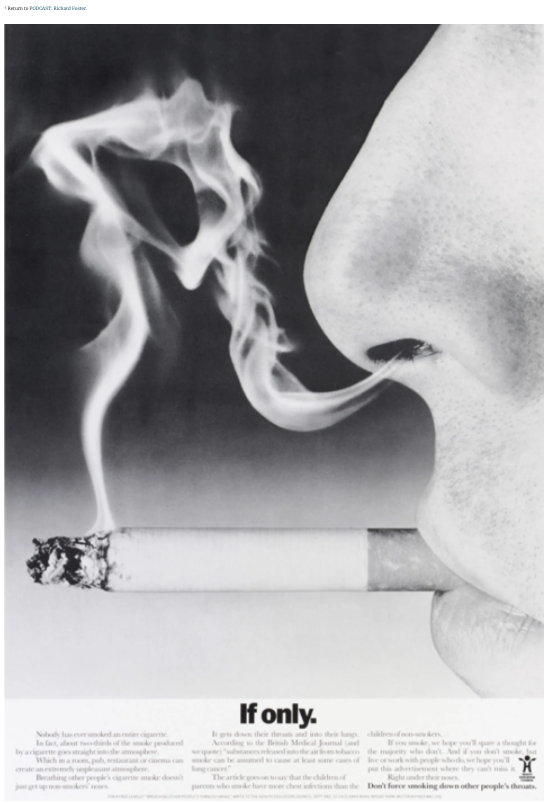
This process also allows you to break down a mammoth task into much more manageable chunks. For example, create a patch trial initiative, as one part in a four part process. In which case your change in behaviour is picking up a patch from the chemist. Once you give up the notion that’s there’s something to say, and think in terms of a change in behaviour by things you can say, you can become a better communicator.

